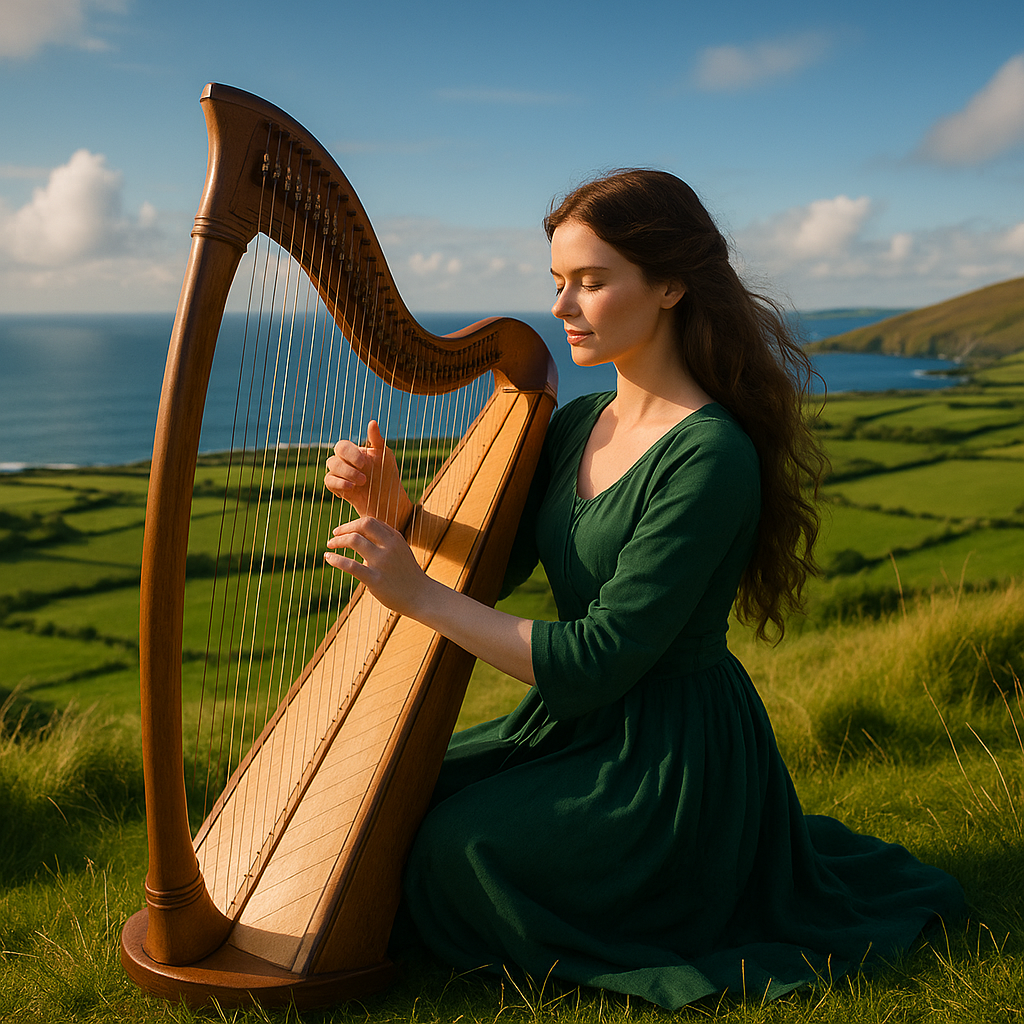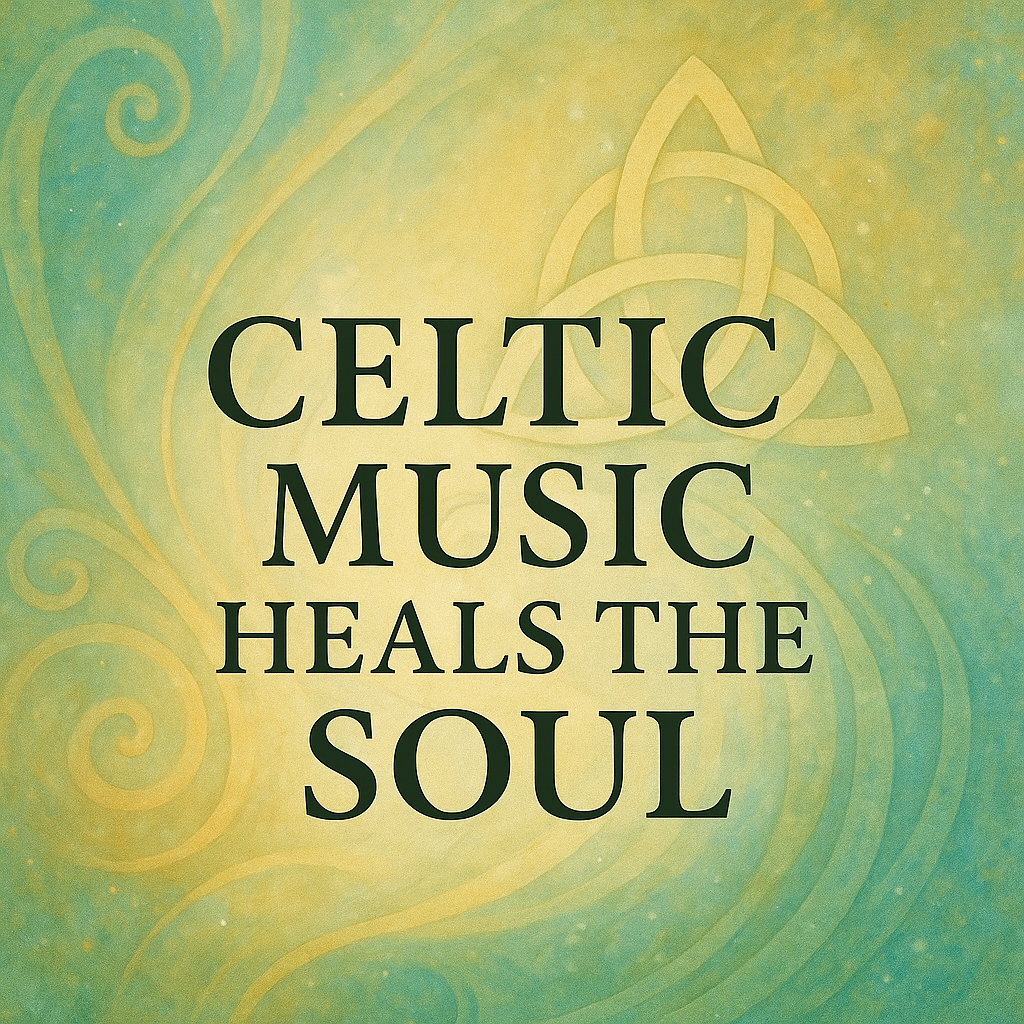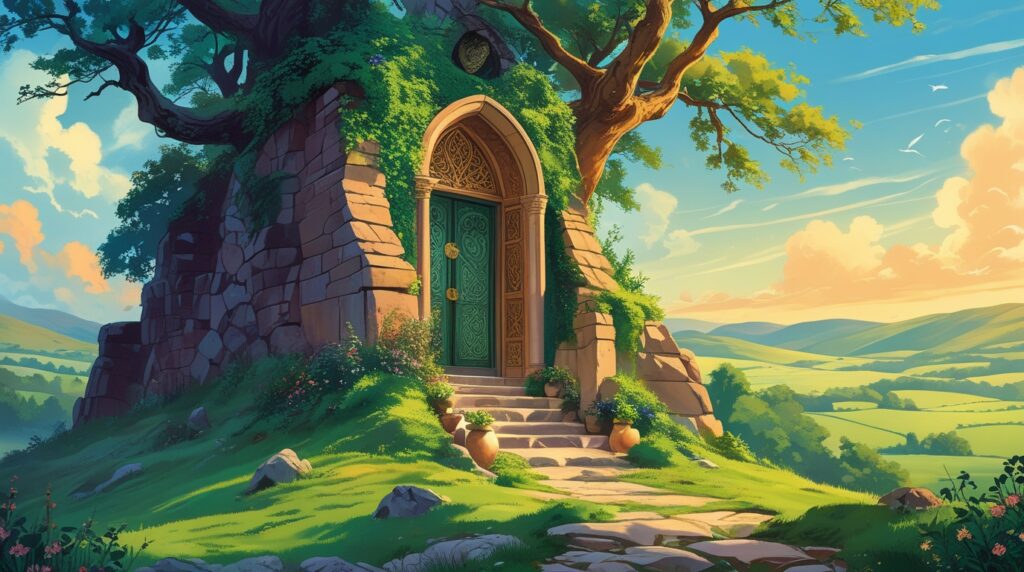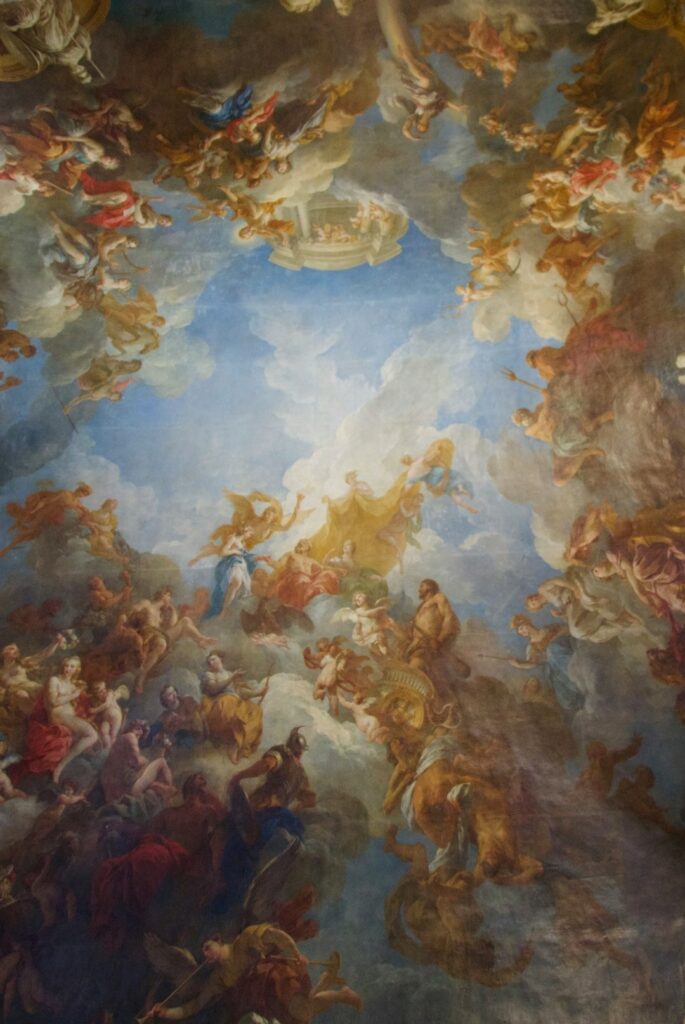How Traditional Irish Melodies, Laments, and Harp Music Soothe the Soul and Open Us to the Spirit
There is something unmistakably sacred about the sound of a Celtic harp echoing across a quiet glen or the haunting cry of a traditional Irish lament rising into the mist. In Ireland, music is not simply an art form—it is a form of prayer, a vessel for grief, joy, memory, and transcendence.
Celtic music speaks to the soul with a kind of emotional honesty rarely found elsewhere. It bypasses the intellect and goes straight to the heart. And for those on a healing journey—whether spiritual, emotional, or both—it offers something rare and beautiful: inner peace through sound.

The Spiritual Roots of Irish Music
The Celts understood something many modern people have forgotten: that music is sacred. In early Irish tradition, the bard or filí was not merely a musician or poet—they were a spiritual figure, one who could weave truth, blessing, satire, and prophecy into sound. Music was used to mark life’s transitions, call down the divine, or soothe the troubled heart.
Traditional Irish music still carries this sense of presence. The music isn’t just something you listen to. It’s something you enter.
“Celtic music often creates a threshold experience,” writes Celtic theologian John O’Donohue. **“It takes you out of linear time and into soul time.”**¹
Three Sacred Forms of Celtic Sound
1. 🎵 The Lament (Caoineadh)
The caoineadh (pronounced keen-ya) is the keening wail of grief. Traditionally sung at funerals or wakes by women, these laments were unaccompanied and improvised—raw outpourings of sorrow.
Today, many traditional laments are instrumental, often played on the uilleann pipes or violin (fiddle). Their slow, minor-key melodies can touch hidden wounds and release tears we didn’t even know we were holding.
“There are sorrows that only a lament can carry,” says Irish singer Iarla Ó Lionáird. “And there are healings that only begin when we let the song cry for us.”²

2. 🎶 The Celtic Harp (Cláirseach)
The harp has long been the soul of Ireland. Associated with Brigid, kingship, and spiritual artistry, the harp was considered a divine instrument. Harpers held high social status and were believed to possess supernatural gifts.
Modern harpists like Áine Minogue, Carol Thompson, and Máire Ní Chathasaigh carry this tradition forward, blending ancient tunings with meditative compositions that bring calm, clarity, and contemplative stillness.
“The harp,” says Minogue, “creates a space for peace. Its tones invite the listener inward—to a place beyond words, where the Spirit speaks.”³
3. 🎤 The Sean-nós Song (Old Style Singing)
Sean-nós means “old style,” and these unaccompanied Irish ballads are deeply personal, ornamented, and intimate. Often sung in Irish Gaelic, their melodic ornamentation and flexible rhythm give each singer freedom to express emotion.
Though not all sean-nós songs are religious, they often carry echoes of prayer, longing, and ancient spiritual wisdom—perfect for meditation, journaling, or Lectio Divina-inspired reflection.

How Celtic Music Heals the Soul
Celtic music invites us into three sacred movements that support emotional and spiritual healing:
1. Slowing Down the Nervous System
The tempos are often slow and lyrical, guiding the listener out of fight-or-flight and into a rest-and-receive posture. This physiological shift creates a space for deep peace to arise.
2. Accessing Emotion Safely
The mournful tones of a lament or the bittersweet joy of a fiddle tune can help us process grief or longing without needing to explain it. Music helps us feel without fear.
3. Opening to the Spirit
Whether through repetition, beauty, or resonance, Celtic melodies make space for what is holy. They help us enter a contemplative space—a thin place of the soul, where heaven and earth meet.

A Personal Practice: Celtic Listening as Prayer
Try this sacred listening ritual inspired by Irish monastic and bardic traditions:
- Light a Candle
Invite God’s presence and dedicate this time as sacred. - Choose a Song or Album
Select a piece of traditional Irish music. Try:- “The Mystic Harp” by Áine Minogue
- “O’Carolan’s Dream” (18th-century harp compositions)
- “Caoineadh Cú Chulainn” (Riverdance lament)
- Any sean-nós ballad by Iarla Ó Lionáird or Lasairfhíona Ní Chonaola
- Close Your Eyes & Listen Deeply
Let your heart feel whatever arises. No judgment. Just notice. - Journal or Pray Afterward
Ask: What did this music stir in me? What part of me felt seen, soothed, or opened?

Celtic Music in Modern Soul Work
Many Christian spiritual directors, therapists, and retreat leaders now incorporate Celtic music into healing work. It’s especially powerful for:
- Those recovering from emotional burnout
- Women reconnecting with feminine spirituality
- People navigating grief or life transitions
- Christians seeking a more embodied spiritual practice
“Celtic sound is spacious,” notes musician and retreat leader Christine Valters Paintner. “It offers a kind of sonic hospitality to whatever is inside us.”⁴
Ireland’s Soul Songs Are Yours Too
You don’t need to be Irish to receive the gift of Celtic music. These soul songs belong to the human heart. They’re ancient lullabies for the modern soul—calling us back to presence, to Spirit, to peace.
In a world of noise, let these melodies be your gentle return.
#CelticMusic #IrishHarp #SpiritualHealing #CelticChristianity #InnerPeace #TraditionalIrishMusic #SeanNos #SpiritLoveSong #SoulSongs #MusicAndPrayer
Footnotes
- O’Donohue, John. Anam Ċara: A Book of Celtic Wisdom. Harper Perennial, 1997.
- Ó Lionáird, Iarla. Interview with RTÉ Radio, 2014.
- Minogue, Áine. Interview in The Harp Connection, 2012.
- Paintner, Christine Valters. The Soul’s Slow Ripening: 12 Celtic Practices for Seeking the Sacred. Ave Maria Press, 2018.
Bibliography
- O’Donohue, John. Anam Ċara: A Book of Celtic Wisdom. Harper Perennial, 1997.
- Paintner, Christine Valters. The Soul’s Slow Ripening. Ave Maria Press, 2018.
- Ó Súilleabháin, Mícheál. Exploring the Musical Mind. Lilliput Press, 2005.
- Ní Riain, Nóirín. Theosony: Towards a Theology of Listening. Columba Press, 1999.
- Brennan, Moya. My Irish Hymns. Warner Music, 2005.

Brigetta Margarietta


